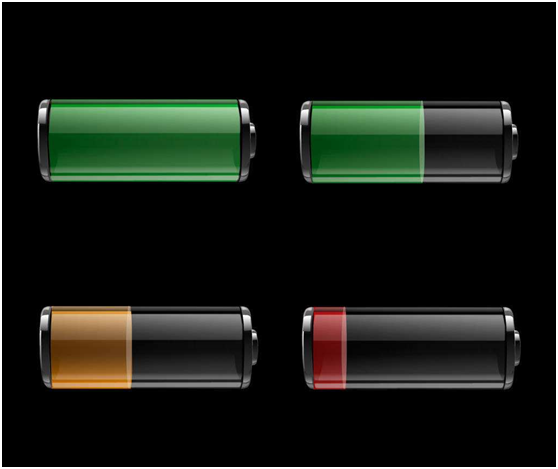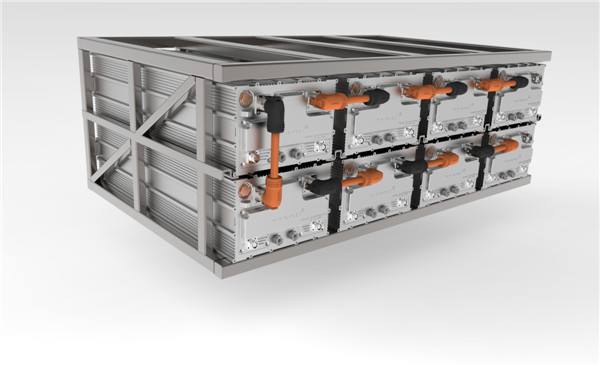What happens when you overcharge a lithium ion battery?
Jun 11, 2019 Pageview:1739
What is the risk of overcharging a Lithium Ion Battery?
Most of our favorite modern and mobile technology that most of us use every single day including our phones, tablets, laptops and other similar devices are often powered by a lithium ion battery, one of the biggest concerns is that we will overcharge these devices and the big myth that is completely wrong is that they could explode due to overcharging couldn’t actually be further from the truth. In reality overcharging lithium ion batteries is not a problem at all. It does not affect the battery lifespan and will never explode due to overcharging.
All modern lithium ion batteries have control systems built in to prevent overcharging with an internal circuit that will stop the charging process when it has reached its maximum charge, simply put when your battery is full it stops charging.
Lithium ion batteries are actually extremely safe and are used on a larger scale in electric cars and airplanes. Any problems that occur are going to be in most case the fault of the surrounding hardware, the lithium ion batteries themselves are a tried and tested technology that is unlikely to fail you and allows us to stay on the move and be connected to our technology in this fast-paced world.
What do you do when you first get a lithium ion battery?
The are many myths surrounding how long you should charge your new lithium ion battery or if you should charge and drain several times before proper use, some will say to charge for 12 hours or give specific percentages to charge to for the first five uses. The truth is all you need to do is charge it as normal and get straight to using your lithium ion battery. Lithium ion batteries come ready to use immediately from purchase with no difference in maximum charge.
It's important to use the correct designated charger supplied with the equipment or the ones recommended by your manufacturer, if purchasing your own charging units it extremely important to purchase high quality equipment and from trusted sources.
Avoid charging in extreme hot or cold temperatures always try to ensure that your lithium ion batteries are used and stored in the optimal conditions set out for your particular lithium ion battery, if in doubt stick to room temperature as much as possible. It is often the case that the lithium ion batteries will perform better at high temperatures as the heat will lower the internal resistance and speeds up the chemical reaction within the battery. The unwanted side effect of this on your lithium ion batteries is that it puts stress on the battery, which can often result in shortened life expectancy in hot conditions for prolonged periods.
Cold temperatures are likely to increase the internal resistance making the lithium ion battery work harder and harder resulting in shortening its overall capacity. Batteries that provide 100% capacity at 27°C will typically decrease by 50% at -18°C and so on, so it is recommended you avoid this if at all possible.
How long do you change a lithium ion battery?
Charging your lithium ion batteries is more than likely going to take between two to four hours for a full charge, it is not necessary however to fully charge your lithium ion batteries to maximum every time and will not prolong the battery life by doing so. It's only necessary to only charge your lithium ion batteries when needed.
Most batteries are clearly marked with optimal capacity, measured in amp-hour (Ah) or in milliamp-hour (mAh). That is basically the discharge current they can give you for an hour before running empty.
When charging your Batteries, it's basically the same system, charging a 2400mAh battery at a maximum current of 1200mA would be a 0.5C charge rate. For safety reasons, most batteries should be charged at between 0.5C and 0.7C. Generally speaking most lithium-ion batteries are charged to 4.2v per cell.
If you are not going to need your battery for a long period of time or are going to have to place it in storage then there are a few tips in order to keep your lithium ion batteries operating at the highest possible performance, first of all before placing your lithium ion batteries in storage ensure than it is not physically damaged in any way and can be stored in optimal temperature conditions. If possible, place it inside an air sealed bag and take care not to place any heavy weight on top of it. When it comes to charge levels it will help if you can place the lithium ion batteries in storage at around 50% charged and when removing the batteries from storage ensure that you allow it to acclimatize back to room temperature before using or charging again. Taking care of your lithium ion batteries is as simple as following this guide, they are safe and reliable.
- Prev Article: Nickel Cadmium Batteries vs Lithium Ion Batteries
- Next Article: Carbon Nanotube Lithium Ion Battery Referral
Leave Message
Hottest Categories
-
Hottest Industry News
-
Latest Industry News











